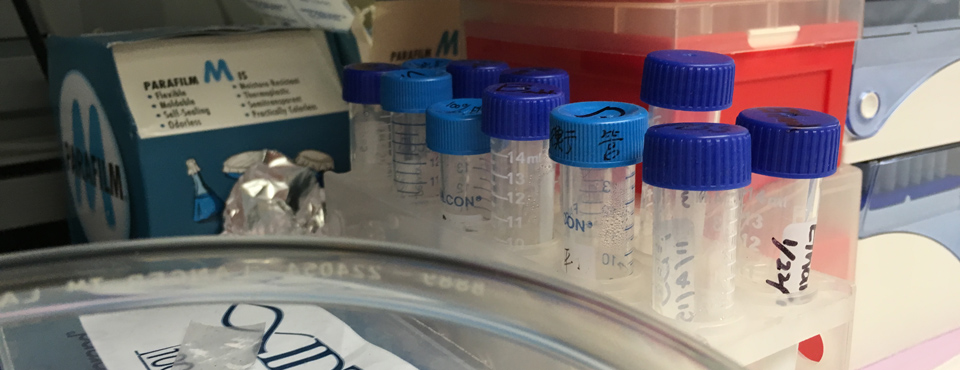How Veterinary Testing Protects the Well-Being of Pets
How Veterinary Testing Protects the Well-Being of Pets
Blog Article
Companion animals are invaluable, and keeping them healthy is a responsibility. Veterinary diagnostic services are pillars of modern pet care in guiding treatment plans for dogs, cats, and other pets.
Here, we’ll cover why pet diagnostics are vital and outline essential tests.
How Do Veterinary Laboratories Work?
Animal health testing facilities provide health assessments for examining samples. These labs support animal doctors to tailor care to the pet’s needs.

Typical procedures usually includes:
- Sample collection: Blood, urine, or feces are taken by the vet.
- Sample examination: Experts using equipment conduct the tests.
- Reporting outcomes: Data supports treatments for proactive solutions.
Essential Tests in Veterinary Labs
Labs provide diverse options for health checks to prevent serious conditions. Routine diagnostics include:
- Complete blood counts (CBC): Detect anemia or chronic conditions.
- Bladder and kidney checks: Ensure bladder health.
- Fecal analysis: Detect worms or parasites.
- Allergy panels: Diagnose food or environmental allergies.
- Imaging diagnostics: Spot fractures or injuries.
How Testing Supports Pet Health
Ongoing evaluations helps catch problems early. By addressing concerns promptly, you can prevent serious conditions.

The importance of routine exams include:
- Effective treatments: Vets can tailor treatments.
- Avoiding costly emergencies: Early detection reduces expenses.
- Assurance about pet health: Regular tests keep you informed.
laboratorio veterinario 24 horas
laboratório veterinário ribeirão preto
Why Testing Matters for Dogs and Cats
Pet health labs play a key role in modern pet care. By making testing part of their care, you catch issues early.
Talk to your vet about testing today and give your furry friends the best care possible!
Report this page